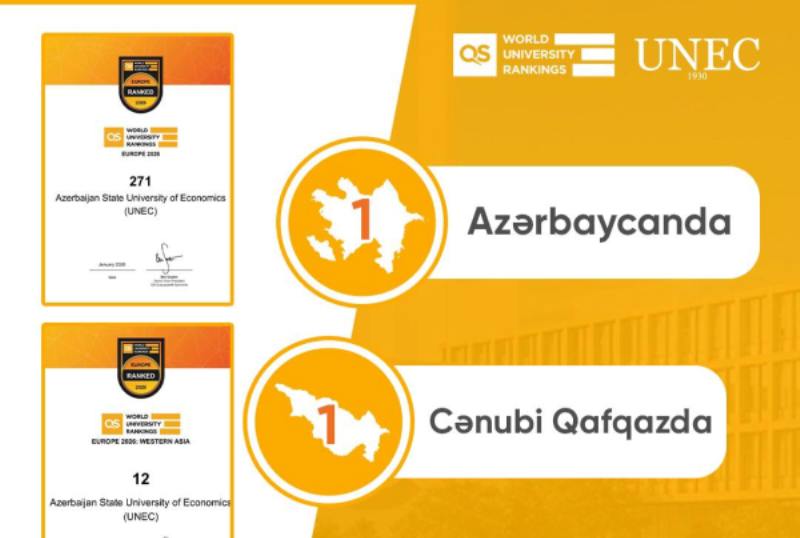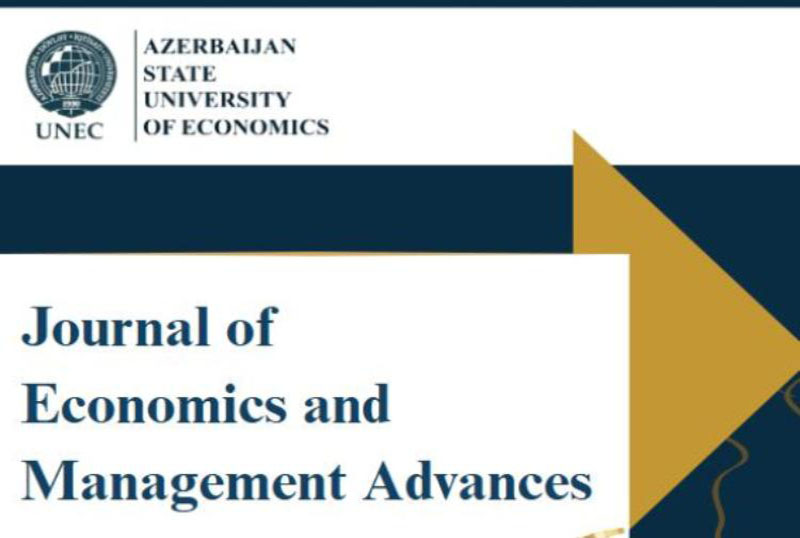In recent years, environmental sustainability has risen to the top of the international political agenda, and states are increasingly interested in the development of this area. As a result, countries develop green practices, which in turn lead to the introduction of a green economy. Also, the application of the green economy is spreading widely in the economy of Azerbaijan. The article analyzes the importance of the green economy in Azerbaijan.
The green economy aims to mitigate environmental risks, optimize resource allocation, and reduce carbon emissions by focusing on renewable energy sources and eco-friendly infrastructure. Azerbaijan, located at the intersection of Eastern Europe and Southwest Asia, boasts significant oil and gas reserves along with varied climatic and soil characteristics.The country's unique geography and abce to the IT sector and encouraging the production of renewable energy.undant solid minerals and hydrocarbons contribute to its role as a prominent energy producer and biodiversity hub. Despite this, Azerbaijan's economy heavily relies on the oil industry, resulting in economic instability and underperformance. In order to tackle this issue, Azerbaijan is looking to broaden its economy by giving more important.
Azerbaijan's protected areas cover 10.3% of its territory, with over 50 landscape ecological systems identified in national parks. An ecological carcass model has been developed to ensure the sustainability of these systems. Proper eco-tourism policy is also crucial for preserving natural monuments and cultural heritage.
Azerbaijan's economy is one-sided, necessitating the development of the non-oil sector. The government's economic policy focuses on the non-oil sector's development.
A high-economic development not only alleviates poverty but also ensures sustainable growth and economic opportunities for all. The 'Green Economy' can help reduce environmental risks and ecological scarcities, reduce poverty, and unemployment. Azerbaijan is now implementing a policy to transition to a low-carbon, resource-efficient, and socially inclusive economy.
Azerbaijan agriculture faces challenges due to human impact that require close monitoring and improvement. Modern agricultural methods such as smart villages and agricultural parks are being implemented to promote sustainable development. Large enterprises in Azerbaijan prioritise environmental concerns by using less energy and appropriate waste handling. Regional initiatives focus on landscaping, waste disposal, pollution prevention and co-operation with nearby cities. Energy management and capacity building are also addressed.
However, implementing a green economy requires addressing climate and environmental issues as well as social, organisational, political and economic issues. There are five common challenges: addressing pervasive environmental risks, ensuring continuous technological change, managing the uncertain business-as-usual scenario and designing appropriate policy mixes. The role of key actors in the transition process, including private companies and state authorities, should be recognised.
As a result, Azerbaijan can overcome the challenges arising from its dependence on the oil industry, reduce insecurity, pollution and global warming by focusing on environmental protection, economic diversification, job creation and sustainable agriculture. The country's unique location, abundance of natural resources and government programmes aimed at transitioning to a greener economy increase the likelihood of this transformation.
Ulker Nurullayeva,
Pakiza Askarova,
Nihad Isgandarov,
Students of UNEC SABAH groups



























